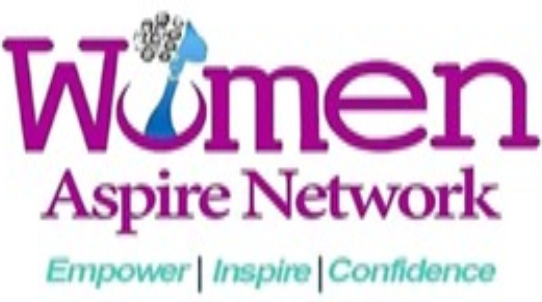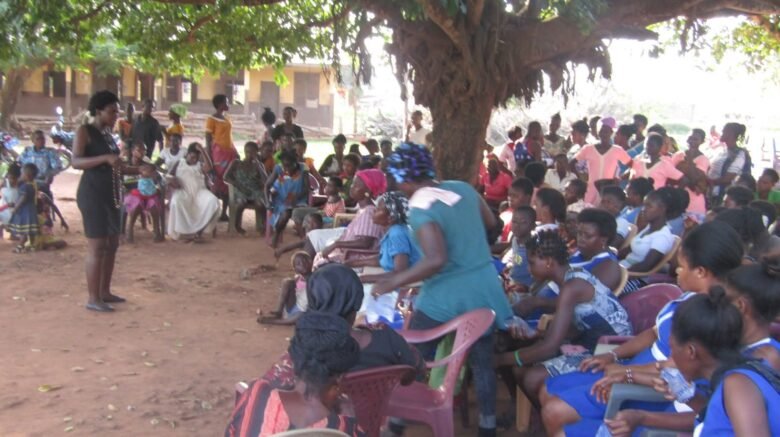Decent Work and Unpaid Care work: The Missing Links in Ghana’s Labour and Gender Policy
By Araba Annan
Introduction
Ghana’s legal framework promotes equality and non-discrimination between men and women in all spheres of life. The 1992 Constitution of Ghana, particularly Chapter 5, guarantees participation by all citizens and abhors discrimination on any grounds, including within the workplace and labour market. It upholds human rights principles that include the right to decent and safe working environments. Similarly, the Labour Act (Act 651) reinforces equality in employment and calls for fair treatment for all genders across economic sectors.
The Concept of Decent Work
Decent work encompasses various aspects of employment, including:
- Fair and adequate wages;
- Safe and secure working conditions;
- Job stability and protection from arbitrary dismissal; and
- Access to social protection, such as pension and old-age benefits.
However, despite these policy commitments, Ghana continues to experience significant deficits in decent work, manifested in underemployment, poor job quality, income insecurity, and gender-based inequalities.
Women and Informal Work
Women’s economic activities in Ghana are largely concentrated in the informal economy, which employs about 80 percent of the population, compared to only 14 percent in the formal sector. Within this space, women dominate low-wage, unregulated occupations such as petty trading, hawking, and small-scale farming.
In agriculture, women perform critical roles in harvesting, processing, and marketing, yet these activities yield minimal profit compared to wholesale trade, which remains male-dominated. Consequently, women often have limited control over income and business decisions in agribusiness value chains.
The informal economy refers to economic activities that are, in law or in practice, not fully covered by formal labour arrangements. Many informal workers operate outside legal protection, or where laws exist, they are poorly enforced. This leaves millions—particularly women—without access to fair wages, safe working environments, or social protection.
Challenges and Gaps
With an estimated 15 million people engaged in Ghana’s labour force, promoting decent work is essential for poverty reduction and sustainable development. Yet several challenges persist:
- Low wages and income insecurity: The current national minimum wage of GHS 19.97 per day (approximately GHS 539.19 per month) is grossly inadequate compared to the rising cost of living.
- Precarious employment: Many women in the informal sector accept whatever payment is offered, often below the minimum wage, due to limited job alternatives.
- SME vulnerability: Small and Medium Enterprises (SMEs), which employ a large share of informal workers, struggle to sustain operations under rising costs, often resulting in layoffs and job losses.
- Lack of enforcement: Weak monitoring and regulation in the informal economy mean that decent work principles—such as fair wages and safety—are rarely upheld.
These gaps make it imperative for the government to strengthen policies that promote fair wages, extend social protection, and improve working conditions across both formal and informal sectors.
Unpaid Care Work: The Invisible Labour
Another dimension of inequality in Ghana’s labour market is unpaid care and domestic work—a form of labour overwhelmingly carried out by women. Women spend countless hours performing household chores, caring for children, the elderly, and other dependents. These responsibilities sustain families and communities but are not recognized as “real” work deserving of pay.
While men’s productive hours in formal employment are compensated, women’s unpaid labour remains invisible and undervalued, widening the poverty and gender gaps. Women lose significant productive time to caregiving, reducing their access to paid employment and leadership opportunities.
The ECOWAS Strategic Framework for Strengthening Gender Equality (ESAGE) urges member states to account for women’s unpaid care and reproductive roles in policy planning. Yet in Ghana, progress remains slow. Many women still lose their jobs during maternity leave—either replaced in their absence or having their contracts terminated (Sarfraz et al., 2021).
Conclusion and Policy Recommendations
To ensure inclusive and equitable labour participation, Ghana must move beyond legislative intent to transformative implementation.
Key steps include:
- Extending labour protections and social security coverage to informal workers, especially women.
- Improving minimum wage enforcement and reviewing wage levels to align with living costs.
- Formalizing informal sector operations and supporting SMEs to expand employment capacity.
- Recognizing and valuing unpaid care work, integrating it into national accounts and social protection schemes.
- Investing in care infrastructure, such as childcare centres, paid family leave, and flexible working arrangements to enable women’s fuller participation in the workforce.
- Expanding access to basic social amenities and infrastructure—including potable water, health facilities, and sanitation services—particularly in rural and underserved districts. This will reduce the time women spend on unpaid domestic tasks and improve community wellbeing.
- Strengthening public health systems to prevent avoidable illnesses and ensure a healthy population. A robust healthcare system reduces women’s unpaid caregiving burden and enhances overall productivity.
Recognizing women’s unpaid care work and ensuring decent work for all are not just issues of fairness—they are fundamental prerequisites for inclusive growth, poverty reduction, and gender equality in Ghana.
References
- Constitution of the Republic of Ghana, 1992.
- Labour Act, 2003 (Act 651).
- ECOWAS (2022). ECOWAS Vision 2050: A Community for All. Abuja: ECOWAS Commission.
- Sarfraz, M., Qureshi, M., & Ahmed, M. (2021). Gender Equality and Unpaid Care Work: Regional Perspectives. Journal of Gender and Development Studies, 9(2), 45–57.
- International Labour Organization (ILO). (2020). Decent Work and the Informal Economy. Geneva: ILO.
About the Author
Araba Annan is a Gender Advocate and Legal Practitioner based in Ghana, specializing in gender equality, human rights, and development policy. Her work focuses on advancing access to justice and promoting women’s economic empowerment through research, advocacy, and legal reform within the ECOWAS region.

